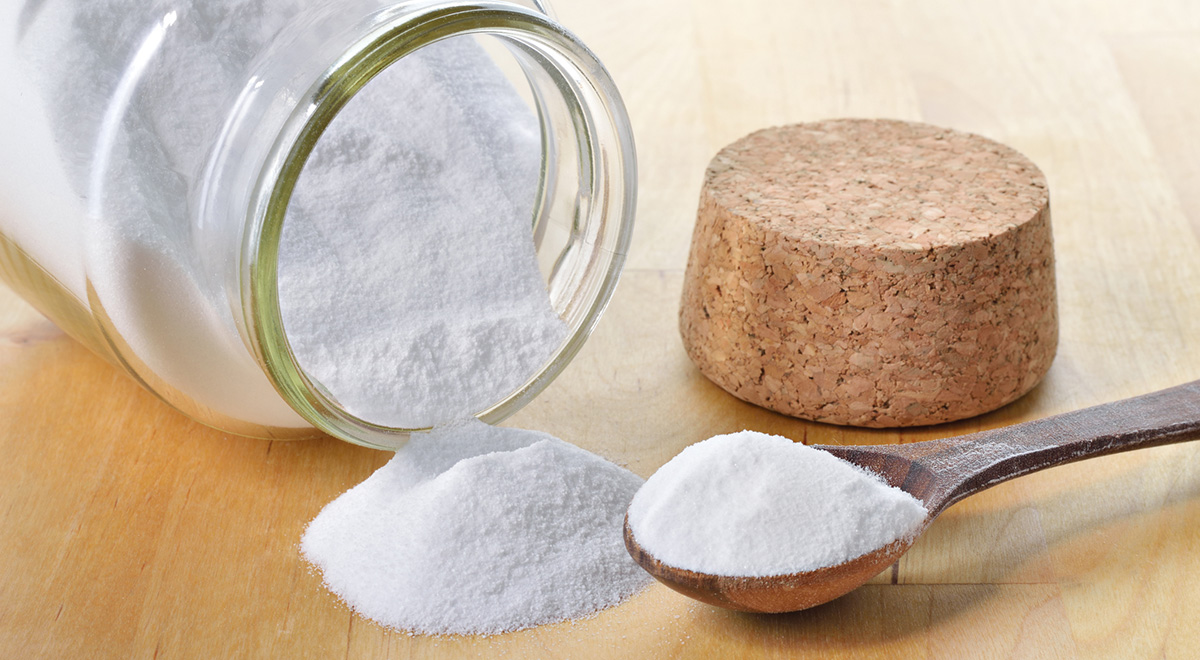In recent years, there have been stories going around about the “baking soda miracle” and how taking bicarbonate of soda and eating an alkaline diet can prevent cancer. Unfortunately, this has turned out to be more pseudo-science with little basis in fact. The “fact” is that cancer does thrive in an environment of high acidity. Because of this, some people have gotten the idea that ingesting alkaline substances (i.e., baking soda) and eating a diet rich in alkaline foods such as broccoli, carrots, avocados, and bananas will protect the body from tumors. They also blame high acidity for causing cancer.
It’s actually the other way around: cancer causes the body to acidify. This is due to the way cancerous tumors metabolize sugar. A malignant tumor burns prodigious amounts of glucose, which in turn raises levels of lactic acid. As tumors grow and spread, they consume more glucose, which in turn produces more lactic acid…and so it goes. The bottom line is that an acidic diet does not cause cancer. Nor will an alkaline diet prevent the cellular damage due to environmental toxins, UV rays, and radiation that can lead to the formation of malignant tumors.
But herein lies the clue to a treatment that can help patients already suffering from cancer. A number of recent clinical studies have found that baking soda can help to control the growth of tumors and prevent them from metastasizing to other parts of the body.
One of the earliest studies on the effects of baking soda on tumors was published in March 2009 in the journal Cancer Research. The researchers concluded that “oral bicarbonate therapy significantly reduced the incidence of metastases in experimental models of breast and prostate cancer” – in other words, inhibited the spread of the cancer.
In December 2013 a study appearing in Frontiers in Physiology examined the role of proton sensors, known as G-protein coupled receptors (GPCRs) and their relationship to the growth and spread of cancerous tumors. GPCRs play a role in maintaining the body’s pH balance. A year later, another study published in the journal Cancer Metastasis Reviews found that increasing pH levels by adding baking soda to drinking water slowed down the growth of a localized tumor, effectively preventing it from spreading to other tissues.
Bicarbonate of soda won’t stop someone from getting cancer, and it is not a cure. However, a number of oncologists who treat cancer in its later stages have started recommending baking soda as an adjunct therapy for their chemotherapy patients. Florida physician Dr. Mark Rosenberg says, “It doesn’t hurt. I put my advanced stage patients all on baking soda.”

